Jenkins
What is Jenkins?
Jenkins is an open source automation tool scratched in Java programming language that allows
nonstop integration.
Jenkins builds and tests our software systems which continuously making it fluent for developers
to integrate changes to the design, and making it fluent for users to gain a fresh build.
It also allows us to continuously deliver our software by integrating with a big number of testing
and deployment technologies.
Jenkins offers a direct way to set up a nonstop integration or nonstop delivery environment for
nearly any combination of languages and source law repositories using channels, as well as automating
other routine development tasks.
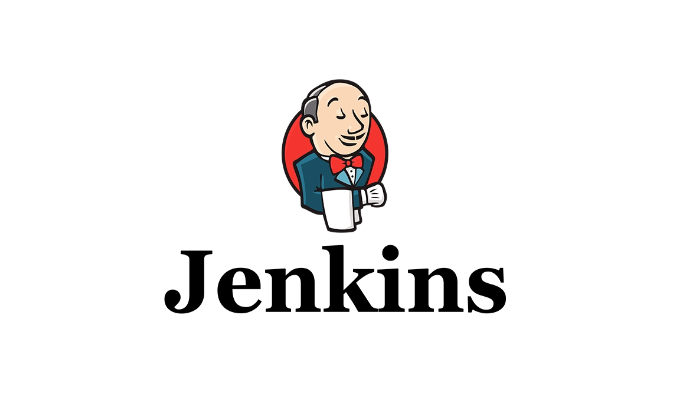
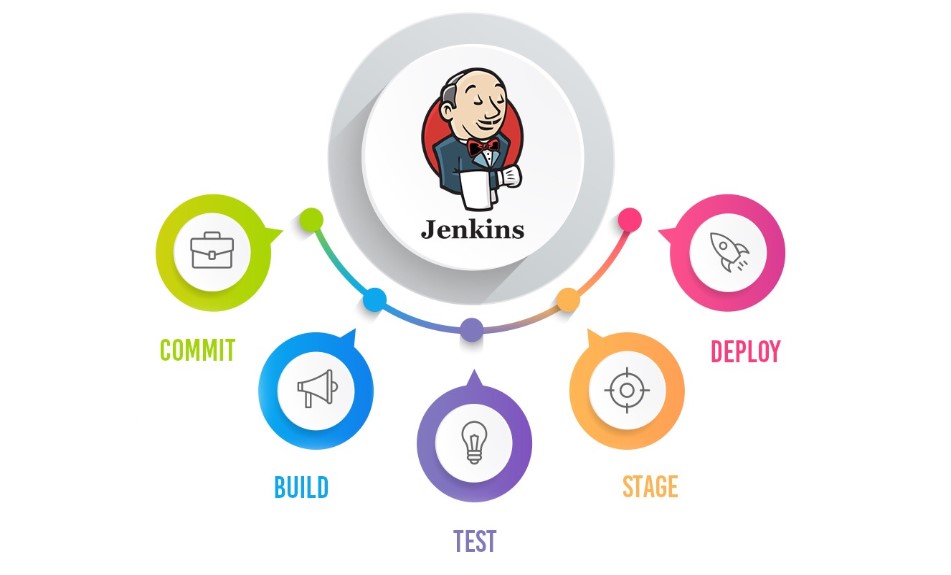
Benefits of Jenkins
- Jenkins is an open- source tool that's extremely fluent to install and use. You need no extra factors to use it.
- It's free and available to be used with distinct platforms, like as Windows, Linux, macOS, and others.
- It's extensively used, so finding support on online communities isn't a major challenge.
- Jenkins automates all integration work. Integration issues are scarce, and so, it helps in saving time and money over the design lifecycle.
- It's fluent to configure, extend, and modify. It allows the instantaneous generation of tests and structure, automation, and deployment of code on distinctive platforms.
- Jenkins can be configured to run CI and CD conceptions properly.
- It can fluently detect and fix issues. The software is always prepared for a sudden release.
- Supports a variety of plugins, which allows better inflexibility.
- It helps in detecting errors very early, therefore saving developers a lot of time and hardened work.

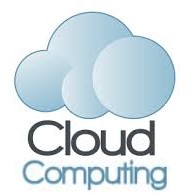 Cloud computing
Cloud computing AWS
AWS DevOps
DevOps Terraform
Terraform Google Cloud Platform
Google Cloud Platform Ansible
Ansible Kubernetes
Kubernetes Docker
Docker Jenkins
Jenkins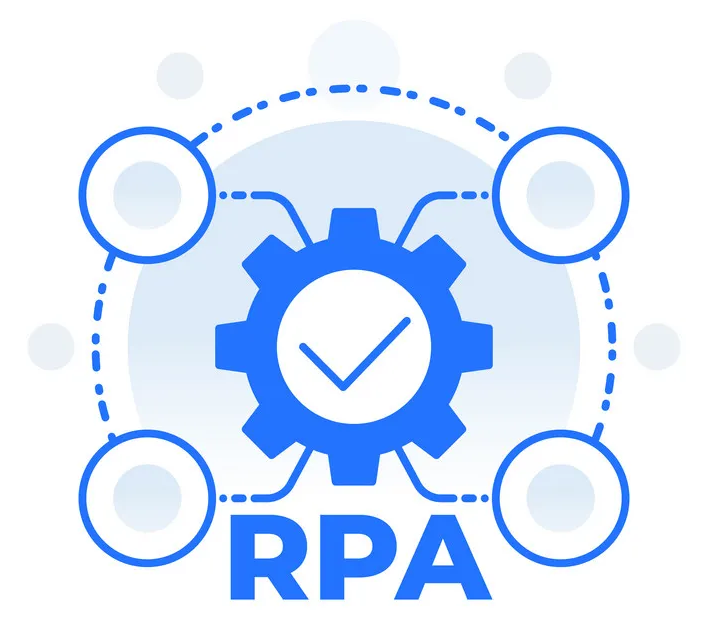 Robotic Process Automation
Robotic Process Automation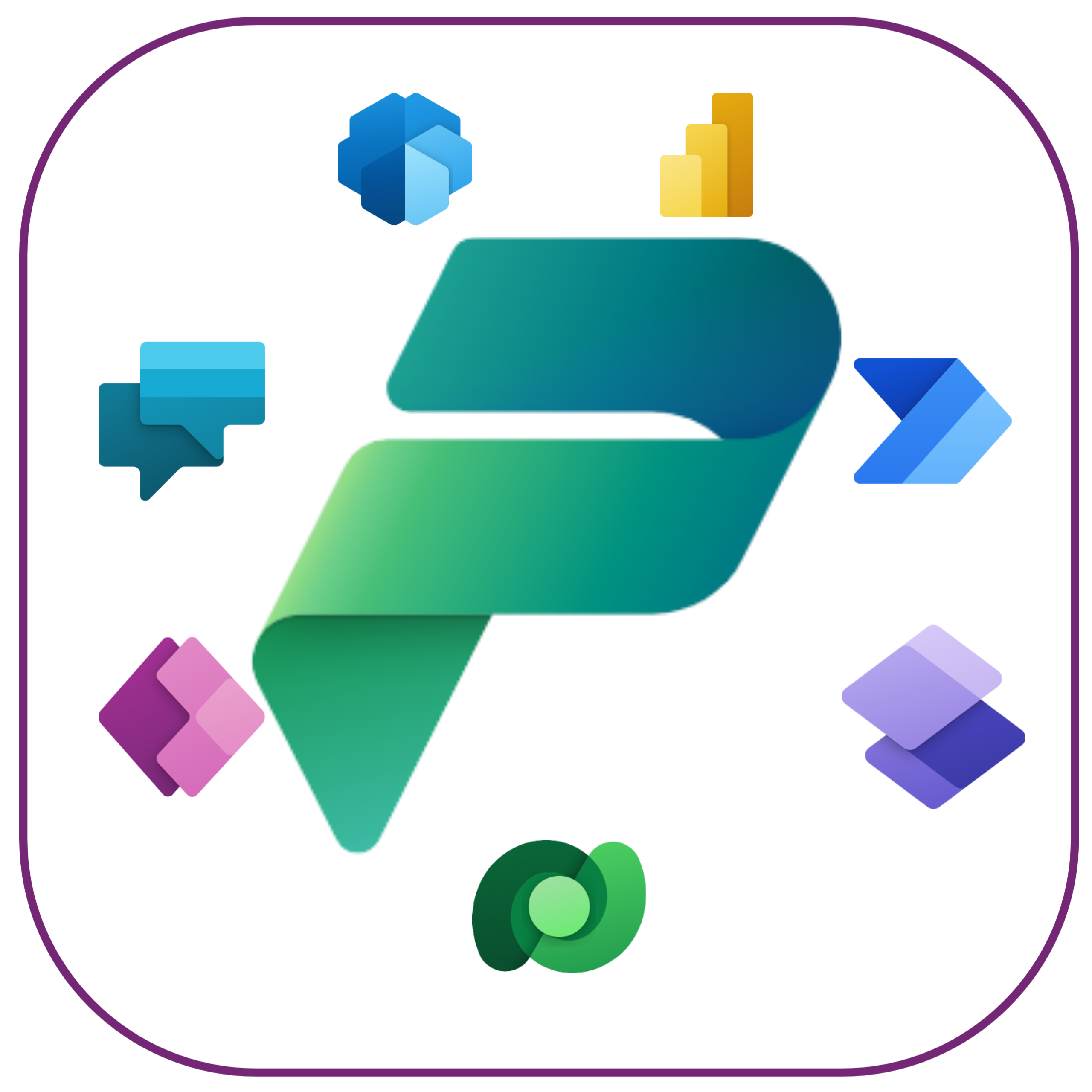 Power Platform
Power Platform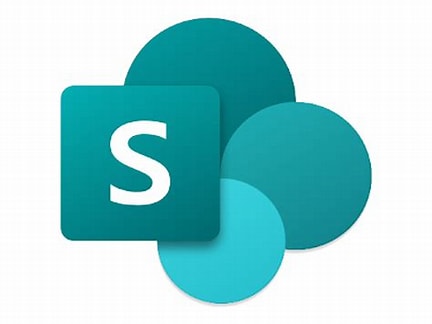 SharePoint
SharePoint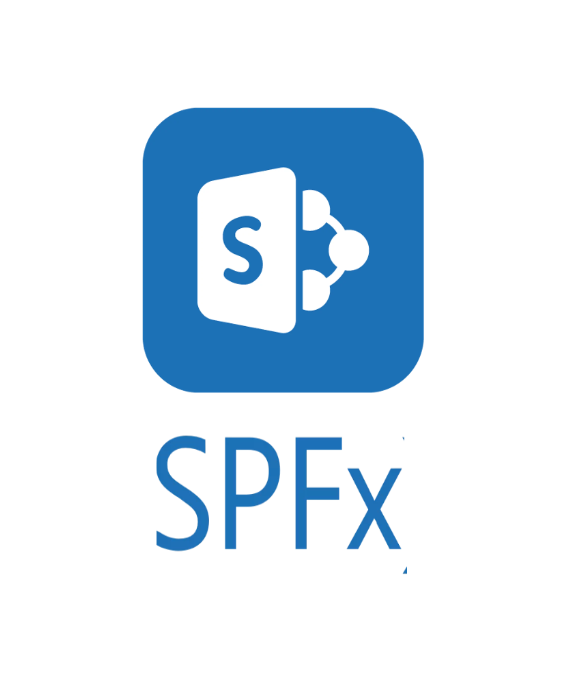 SPFx
SPFx  PHP
PHP Data Science
Data Science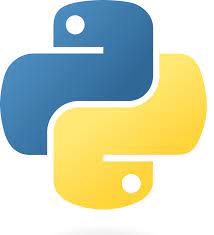 Python
Python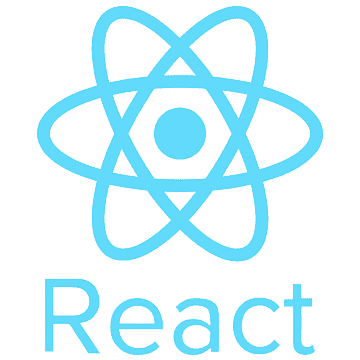 React JS
React JS